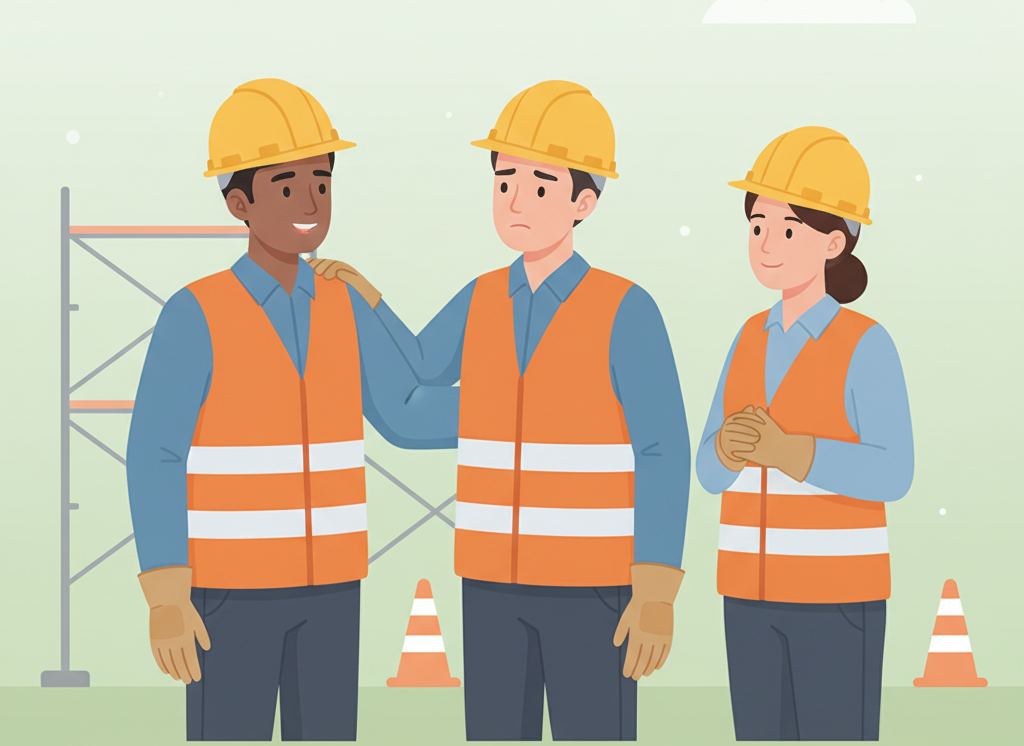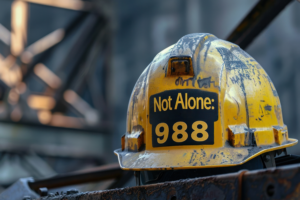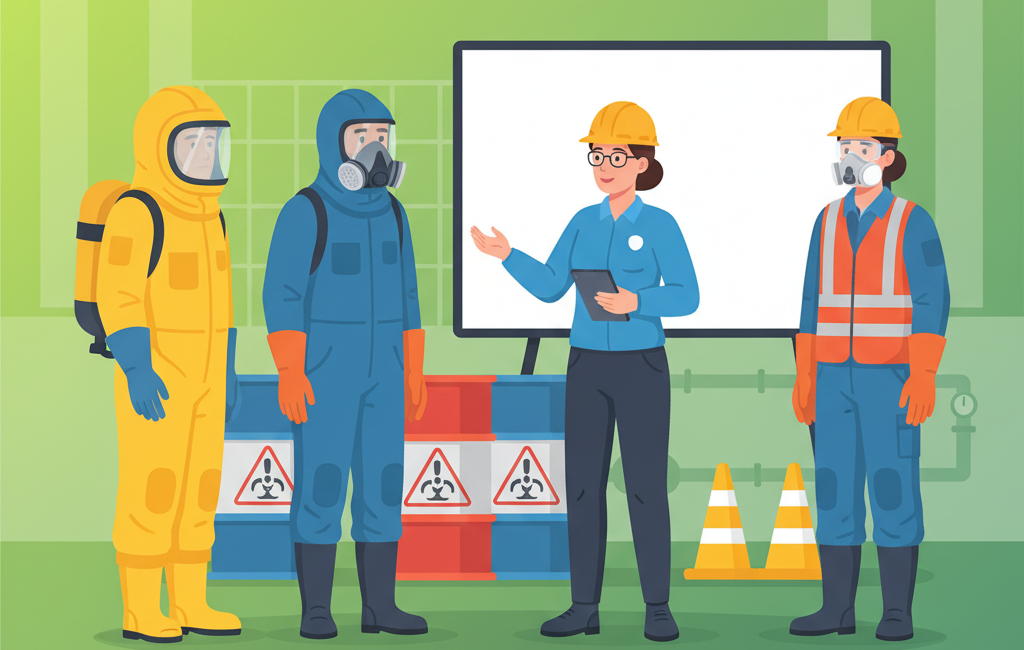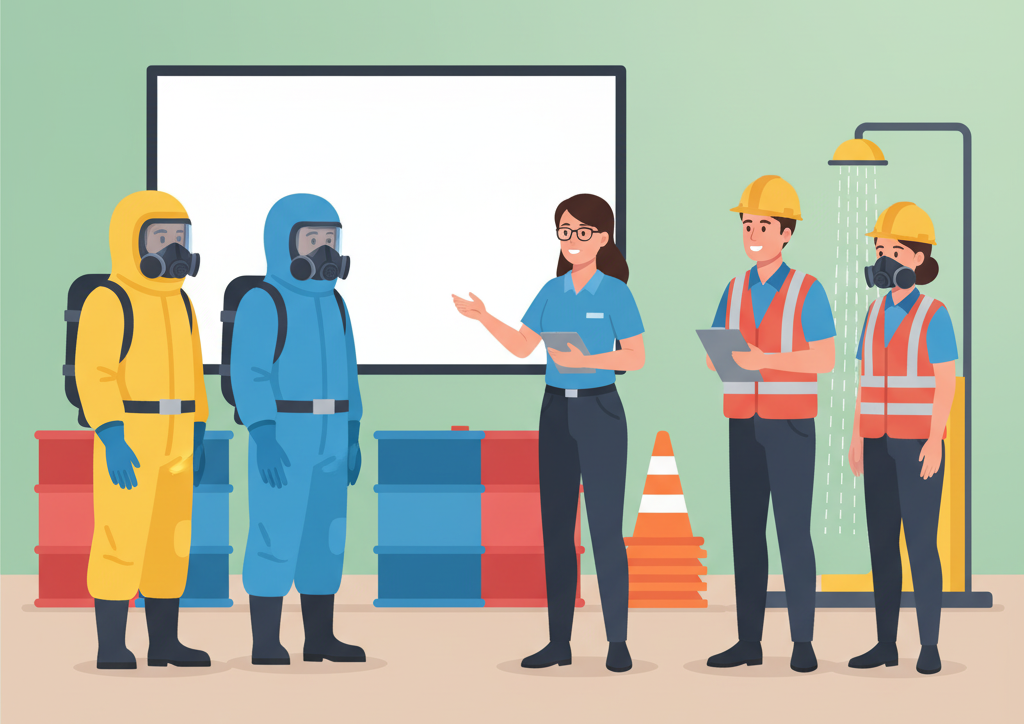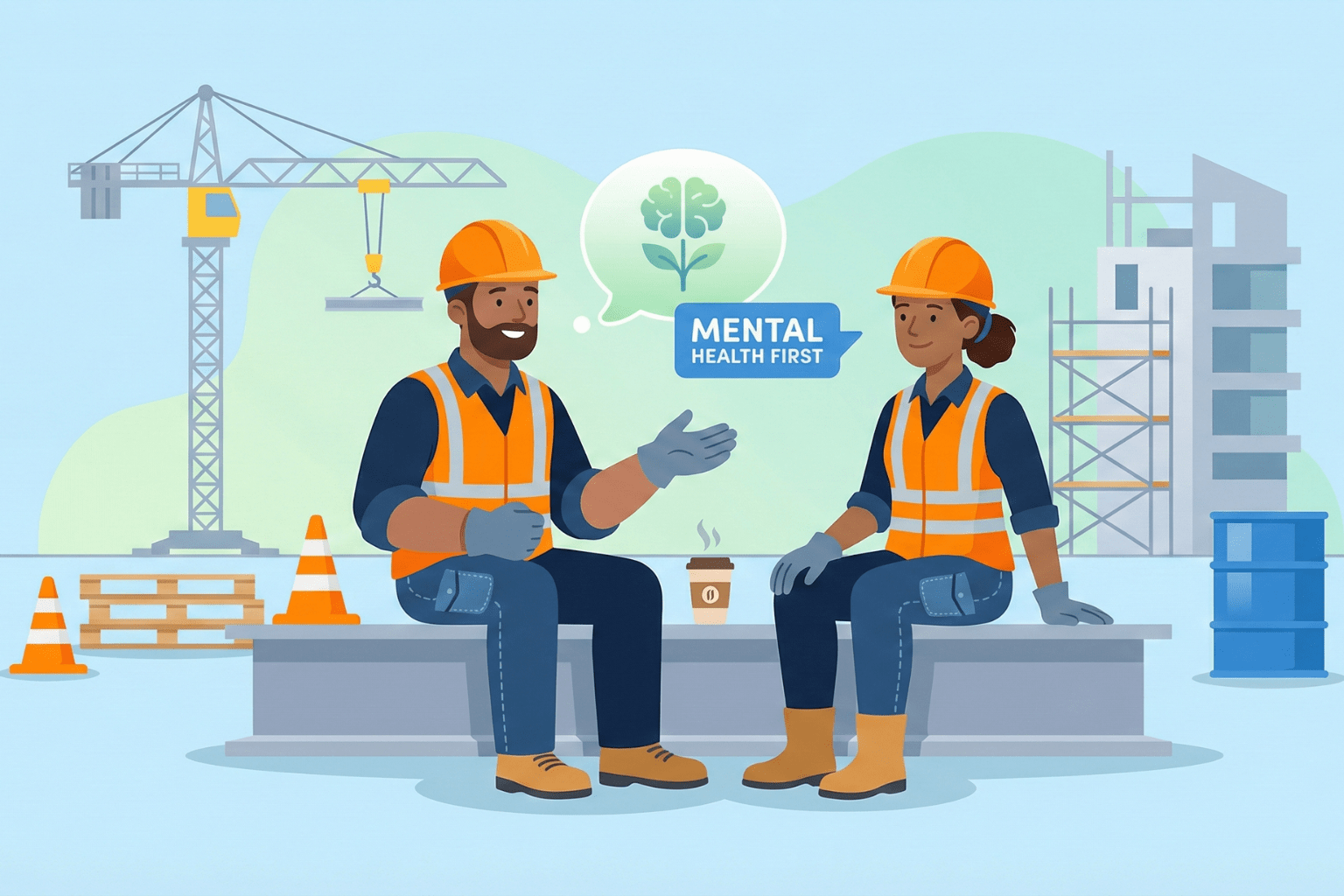Mental Health Awareness in Construction: A 2024 Perspective
Let’s face it: working in construction isn’t for the faint of heart. The long hours, tight deadlines, and physically demanding tasks can take a serious toll—not just on your body but on your mind too. And while construction is all about building things up, we don’t always talk about what’s breaking us down.
In 2024, the conversation around mental health in the construction industry is louder than ever. Why? Because the reality is stark: construction workers face some of the highest rates of mental health struggles, including depression, anxiety, and even suicide. But here’s the good news: by looking out for each other and taking a few key steps, we can change the game. Let’s dig into why mental health matters and what we can all do to make this industry stronger—together.
Why Mental Health Hits Hard in Construction
You already know this job is tough. It’s not just the heavy lifting—it’s the constant pressure to meet deadlines, worrying about job security, and sometimes spending weeks or months away from your family. It’s no wonder so many people in this field feel burned out, stressed, or like they’re carrying the weight of the world.
The numbers don’t lie:
- Suicide rates: Construction workers are almost four times more likely to die by suicide than the average person.
- Mental health struggles: Over half of construction workers—58%—report dealing with anxiety, depression, or stress.
- Substance use: Many turn to alcohol or drugs as a way to cope, which only makes things worse.
These stats might feel heavy, but here’s the deal: we don’t have to accept them as part of the job.
Spotting the Warning Signs
Looking out for your crew isn’t just about safety on the job site—it’s about noticing when something’s off. Here are some red flags that someone might be struggling:
- Always tired, cranky, or easily irritated
- Having trouble focusing or making decisions
- Pulling away from friends, family, or coworkers
- Drinking more or using substances to cope
- Talking about feeling hopeless or stuck
If any of this sounds familiar—for yourself or someone you work with—it’s a signal to check in and offer support.
How We Can Build a Stronger Support System
Making mental health a priority doesn’t have to be complicated. Here are a few ways we can all do our part:
1. Talk About It
- Let’s get real: nobody should feel ashamed about struggling. Create a work environment where it’s okay to open up.
- Managers: take the lead by being approachable and listening without judgment.
2. Share Resources
- Make sure everyone knows about tools like counseling or hotlines. Post this info where it’s easy to find, like break rooms or newsletters.
3. Work-Life Balance Matters
- Push for realistic schedules that give people time to rest and recharge.
- Encourage your crew to take their vacation days—they’ve earned it.
4. Train for Mental Health Awareness
- Just like you train for safety, you can learn how to spot and handle mental health issues. Mental health first aid is a great start.
5. Partner with the Pros
- Organizations like the National Suicide Prevention Lifeline or Construction Industry Alliance for Suicide Prevention (CIASP) are ready to help. Bring them in for training or support.
Tools and Resources for Construction Workers
Sometimes, just knowing where to turn can make all the difference. Here are some resources you can trust:
- National Suicide Prevention Lifeline: Call or text 988 anytime.
988lifeline.org - Construction Industry Alliance for Suicide Prevention (CIASP): Specialized help for the construction industry.
preventconstructionsuicide.com - Crisis Text Line: Text HOME to 741741 to talk to a counselor 24/7.
crisistextline.org - SAMHSA (Substance Abuse and Mental Health Services Administration): Find support or treatment nationwide.
samhsa.gov - Mental Health America: Offers free screenings and tips to manage stress.
mhanational.org
A Real-World Win: Making a Difference
One construction company in the Midwest decided enough was enough. They started offering on-site counseling once a week, trained managers to spot warning signs, and encouraged workers to set up peer-to-peer support groups. Within a year, they saw stress-related absences drop by 40%. The takeaway? When we prioritize mental health, it’s good for everyone—workers, families, and businesses.
Let’s Build More Than Structures
Mental health isn’t just a personal issue—it’s a team effort. When we take care of each other, we don’t just build bridges, roads, and buildings; we build trust, strength, and resilience.
So, the next time you’re on the job site, remember: it’s okay to speak up. It’s okay to ask for help. And it’s always okay to care about the person working next to you. Together, we can make construction not just a tough industry—but a better one.



